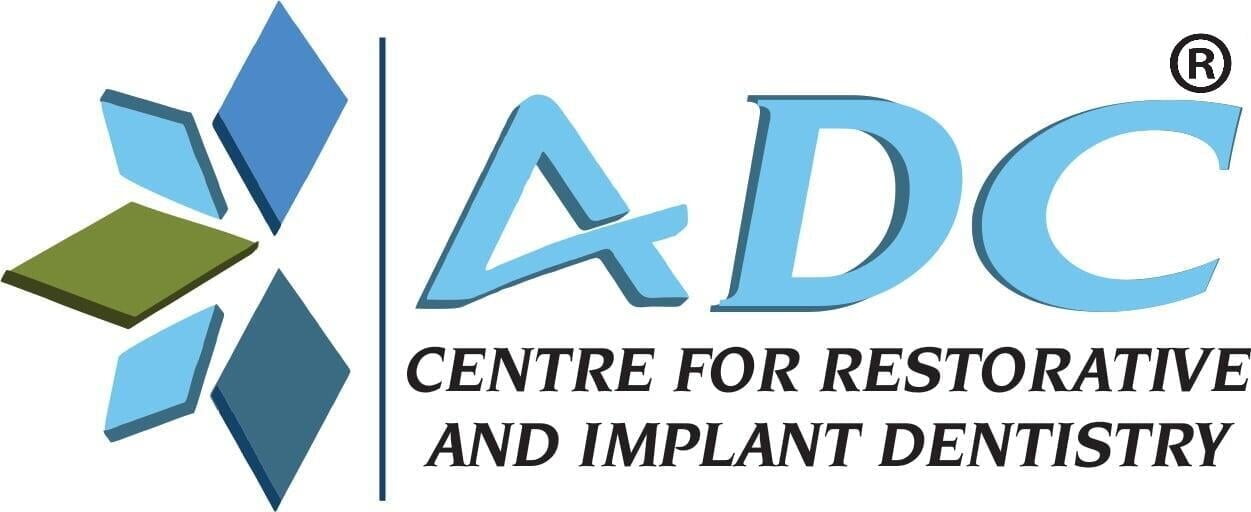Dental sealants are a great way to protect your teeth from decay and cavities, but it's important to know how to properly care for them in order to ensure they last as long as possible. In this blog, we'll go over the instructions you should follow after having dental sealants applied, including proper cleaning techniques, what foods to avoid, and when to schedule follow-up appointments.
What are Dental Sealants?
Dental sealants are a thin, plastic coating that is applied to the chewing surfaces of the back teeth (premolars and molars) to protect them from decay. They act as a barrier, preventing food and bacteria from getting into the grooves and crevices of the teeth, where it is difficult to keep them clean. Dental sealants are a safe, painless, and effective way to prevent tooth decay and cavities, making them an excellent option for both children and adults.
When Should I Consider Dental Sealants?
Dental sealants are often recommended for children, as they are more susceptible to tooth decay and cavities. However, adults can also benefit from dental sealants. If you have deep grooves or pits in your molars, or if you have a history of tooth decay or cavities, your dentist may recommend dental sealants to protect your teeth.
It's also important to note that dental sealants do not replace good oral hygiene practices. They are an additional measure of protection for your teeth and should be used in conjunction with regular brushing, flossing, and dental check-ups.
Here are a few things that you must take care of for proper care and maintenance of Dental Sealants:
Proper Cleaning Techniques
One of the most important things you can do to maintain your dental sealants is to keep your teeth clean. Brush your teeth twice a day with a soft-bristled toothbrush and fluoride toothpaste. Make sure to brush all surfaces of your teeth, including the chewing surfaces where the sealants are located. It's also important to floss at least once a day to remove plaque and food particles that can accumulate around the sealants. In addition to brushing and flossing, it's also recommended to use an antiseptic mouthwash to further reduce plaque and bacteria in the mouth.
Avoiding Certain Foods
Certain foods can damage or dislodge dental sealants. It's important to avoid hard and sticky foods, such as candy, nuts, and popcorn, as well as extremely hot or cold foods. These foods can put pressure on the sealants and cause them to crack or come loose. Additionally, it's important to avoid sugary and acidic foods and drinks, such as soda and sports drinks, as they can contribute to the development of cavities. The sugar and acid can erode the sealant, making it less effective and more prone to damage.
Scheduling Follow-Up Appointments
It's important to schedule regular follow-up appointments with your dentist to ensure that your dental sealants are still in good condition. Your dentist will be able to check for any signs of wear or damage, and can reapply the sealants if necessary. Typically, you should schedule a follow-up appointment six months after the sealants are applied, and then once a year thereafter. During these appointments, your dentist will examine your teeth, checking for any signs of wear, chips or cracks in the sealants, and if necessary, reapply them to ensure your teeth are well protected.
Conclusion
Dental Sealants are a great way to protect your teeth from decay and cavities, but it's important to know how to properly care for them. By following the instructions outlined in this blog, including proper cleaning techniques, avoiding certain foods, and scheduling regular follow-up appointments with your dentist, you can ensure that your dental sealants last as long as possible.
Remember, dental sealants are not a one-time solution, they need regular maintenance and check-ups to ensure they are in good condition and providing the maximum protection for your teeth. With regular check-ups, good oral hygiene and proper care, dental sealants can help you enjoy a healthy and beautiful smile for years to come.














